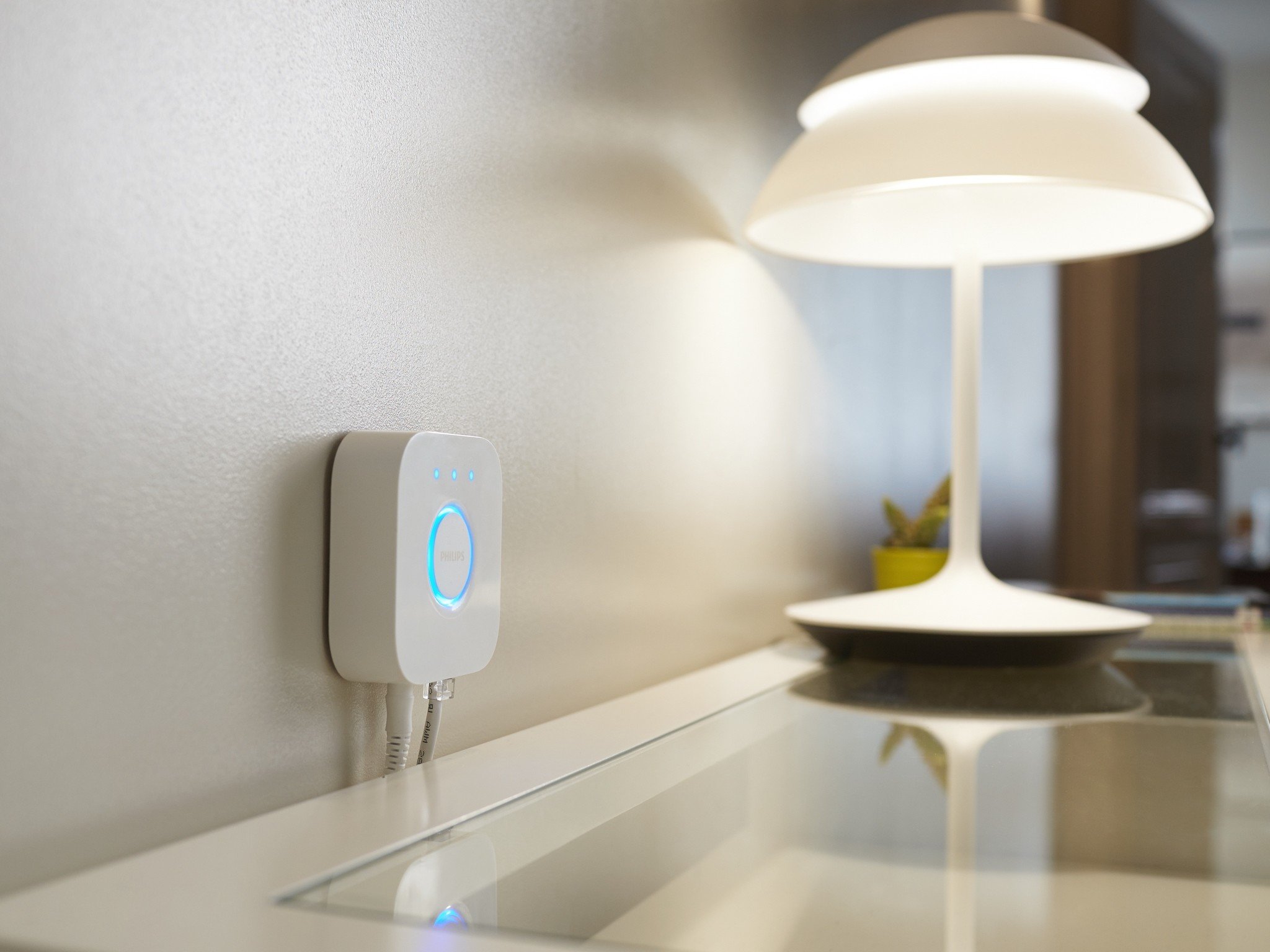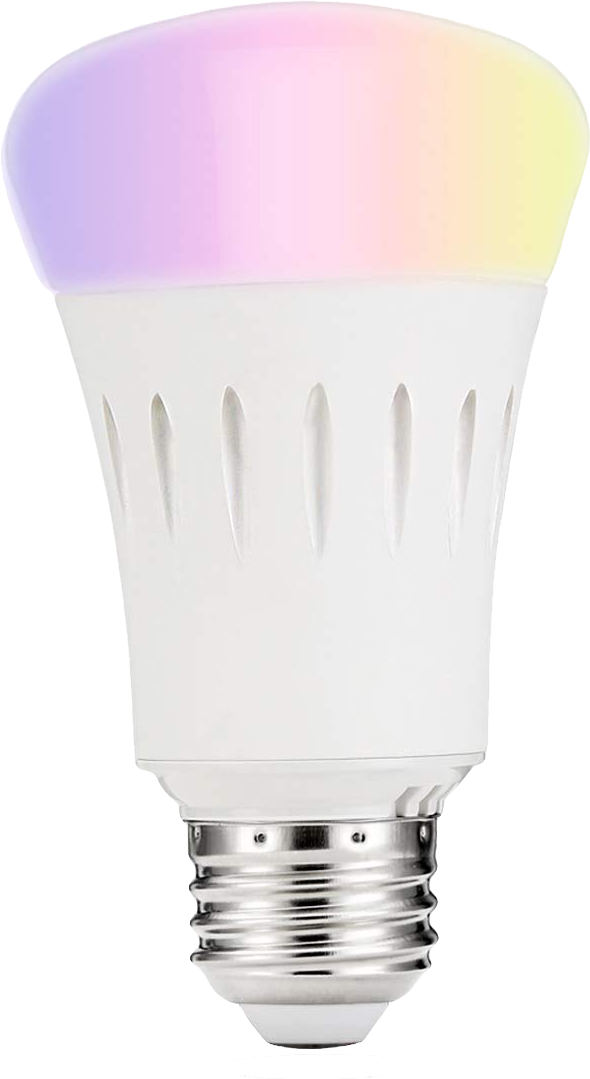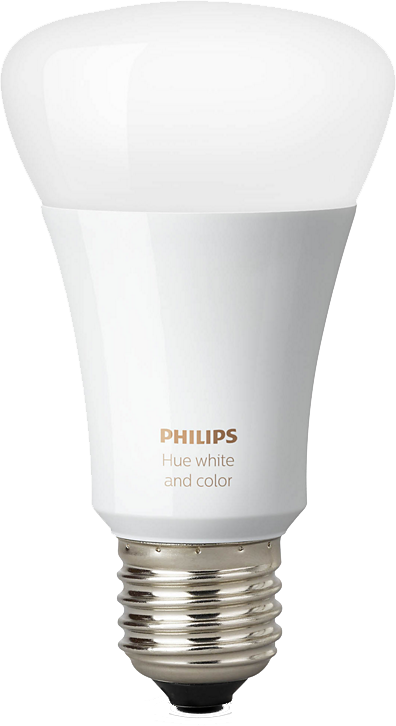LOHAS vs. Philips Hue: Which Wi-Fi Smart Bulb Should You Buy?

LOHAS Smart LED Bulb

LOHAS makes inexpensive smart lights that operate without a hub and connect to voice assistants like Google Assistant. The bulbs aren't the highest quality, nor is the accompanying app, but they're a great way for newcomers to get a taste of connected lighting.
LOHAS Smart LED Bulb
Budget bulb
Philips Hue White and Color

Philips Hue is one of the biggest names in smart lighting, with an impressive selection of bulbs, light strips, and lamps, along with some accessories that make using them even easier. Its bulbs are expensive, but they're about as good as smart lights get.
Philips Hue White and Color
Robust, but pricey
Smart bulbs are a great way to get into connected home tech, with a variety of options at every price point. Philips Hue is one of the most recognized brands in the territory, though its bulbs are pretty expensive and the required hub drives the price even further up. By contrast, LOHAS offers its bulbs for less than half the price, and they work fine without a hub. So which should you buy?
Affordability versus ecosystem
You wouldn't think there'd be much to differentiate one light bulb from another, but there are a lot of factors to consider when shopping for one of these options. First and foremost is the price — at just $17 a piece, you can get two LOHAS bulbs for less than the cost of a single White and Color bulb from Philips Hue. While Philips Hue offers cheaper bulbs that simply output white in different color temperatures, its colored bulbs are the most comparable to LOHAS' offering.
The Hue Bridge drives up the cost of Philips Hue considerably, but its ecosystem of accessories could be worth the higher price for the right person.
You'll also need to factor in the $50 Hue Bridge when considering the White and Color — Philips Hue's lights require a centralized hub for most smart controls, whereas LOHAS bulbs can operate independently over Wi-Fi. With that in mind, getting started with Philips Hue can be dramatically more expensive, with a two bulb starter kit running a whopping $90.
While LOHAS wins out big in pricing, its bulbs fall short in usability. The bulbs don't get very bright compared to Philips Hue's, nor do they get very dim at their lowest setting, and their colors aren't nearly as vivid. The LOHAS app is also sluggish and clunky; where tweaking settings like brightness or color reacts in real time with Philips Hue, the LOHAS bulbs don't reflect changes until a second or two after you make an adjustment.
Setting up LOHAS bulbs with a service like Google Assistant is a bit finicky, too. The company's name doesn't show up in the list of supported devices — instead, you need to select Smart Life and sign in with your LOHAS information.
Be an expert in 5 minutes
Get the latest news from Android Central, your trusted companion in the world of Android
Philips Hue is much simpler to set up; if you get a starter kit, the bulbs are already associated with the bundled Hue Bridge out of the box, and the Bridge can easily scan for any additional bulbs you might add later on down the line. The Philips Hue app is also much more intuitive than LOHAS', with more programmable options and the ability to integrate with other smart home services like Nest.
You can also get a number of accessories for Philips Hue bulbs, like a motion sensor that automatically turns on the lights in an assigned room, or a light switch for your wall that doubles as a removable remote and dimmer. This accessory ecosystem is one of Philips Hue's biggest advantages over LOHAS and even other leading brands like LIFX.
Ultimately, no matter how great Philips Hue's ecosystem is, there's no getting around its astronomically higher price compared to LOHAS. If you're looking for an affordable way to outfit your entire home with smart lights, LOHAS is a great option. If, on the other hand, you don't mind spending a bit of extra cash to get the best experience possible, Philips Hue is the way to go.

A decent option for casual users who just want a colored bulb to control with their voice.
They're not the highest quality, but LOHAS' bulbs are a great deal for someone who's looking to get into smart lighting for the first time — especially when you consider that they don't require a hub. They're a bit dim, and the app isn't great, but you can still control them with your voice assistant.

Philips Hue's better bulbs and wide ecosystem of accessories are worth the money.
If you can stomach the cost, Philips Hue makes some of the best smart bulbs around. While the hub is a bit of a nuisance, it enables compatibility with useful accessories like remotes and motion sensors and makes setting up new bulbs a breeze. Philips Hue also makes lights in a variety of other shapes and form factors.
Hayato was a product reviewer and video editor for Android Central.

